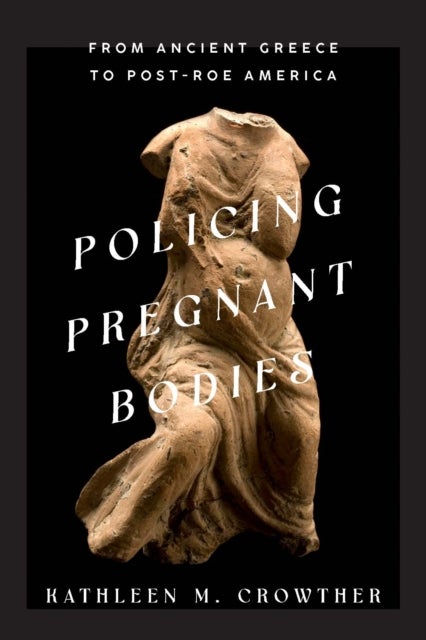
Policing Pregnant Bodies av Kathleen M. Crowther
279,-
<p><b>Explores the historical roots of controversies over abortion, fetal personhood, miscarriage, and maternal mortality.</b></p><p>On June 24, 2022, the US Supreme Court overturned the <i>Roe v. Wade</i> decision, asserting that the Constitution did not confer the right to abortion. This ruling, in the <i>Dobbs v. Jackson Women''s Health</i> case, was the culmination of a half-century of pro-life activism promoting the idea that fetuses are people and therefore entitled to the rights and protections that the Constitution guarantees. But it was also the product of a much longer history of archaic ideas about the relationship between pregnant people and the fetuses they carry. </p><p>In <i>Policing Pregnant Bodies: From Ancient Greece to Post-Roe America, </i>historian Kathleen M. Crowther discusses the deeply rooted medical and philosophical ideas that continue to reverberate in the politics of women''s health and reproductive autonomy. From the idea that a detectable heartbeat is a s








